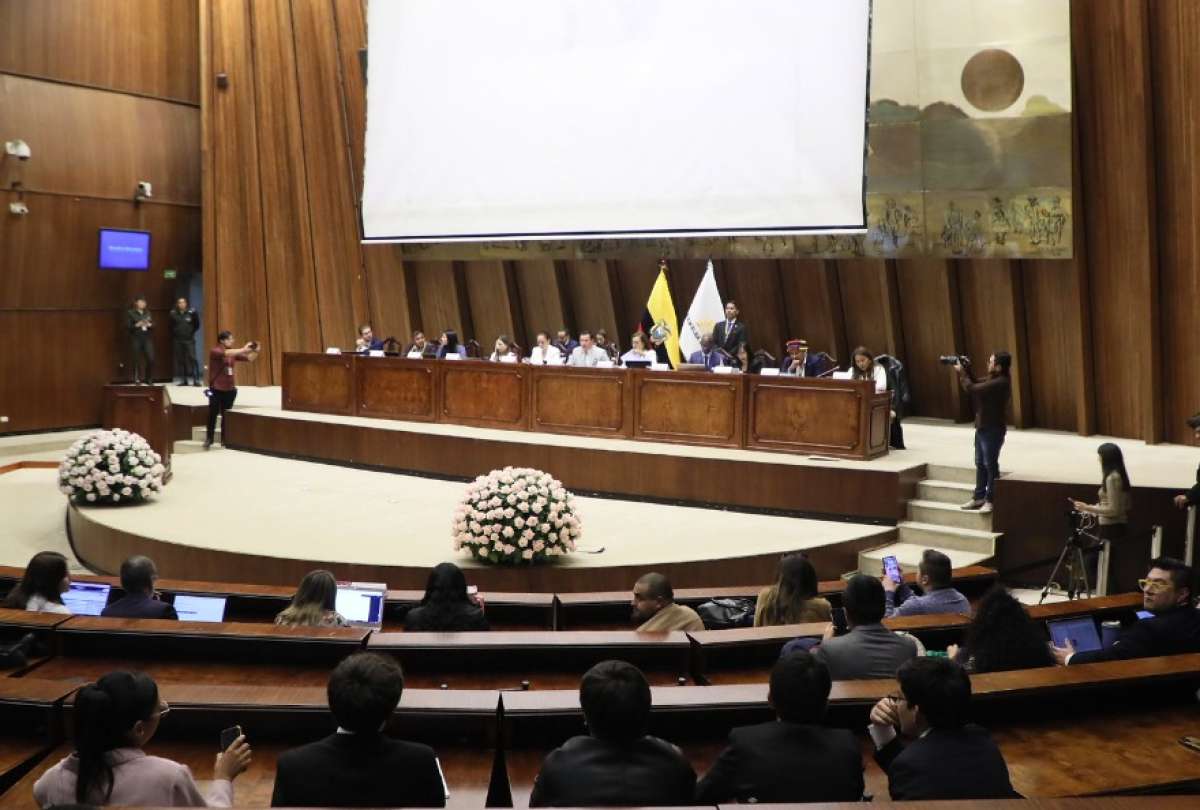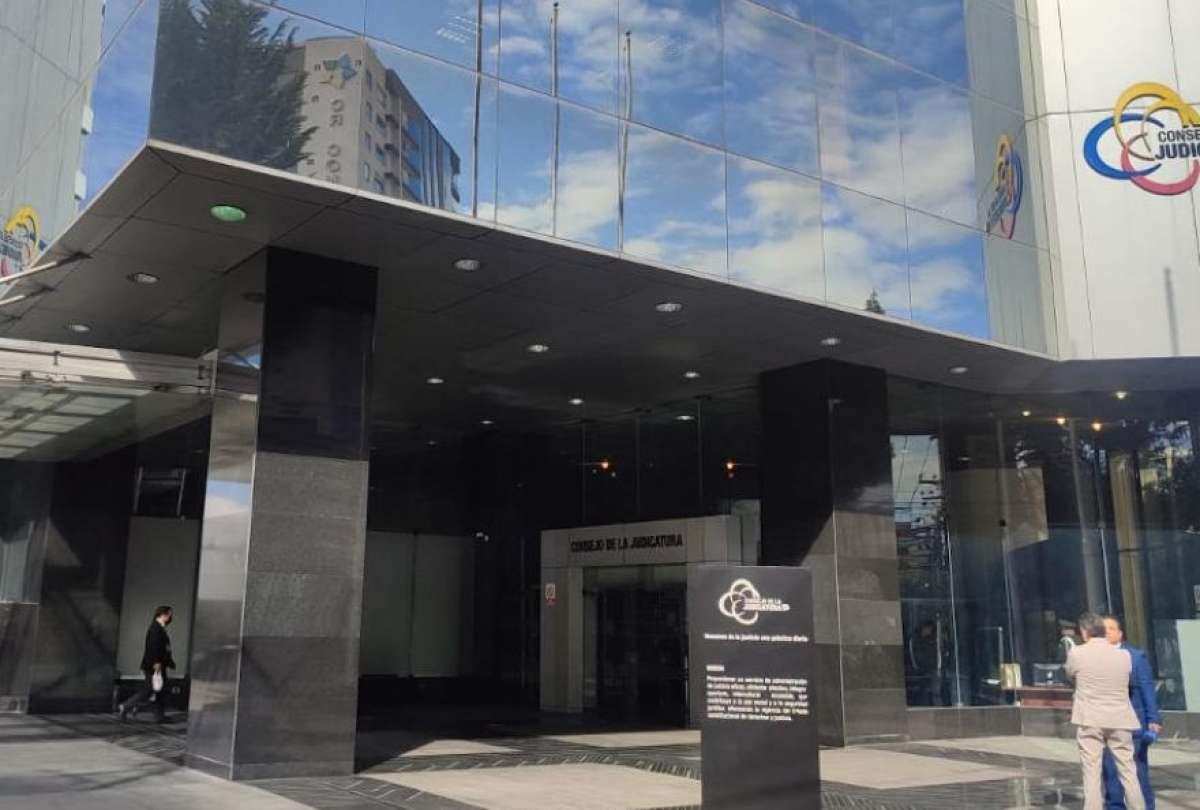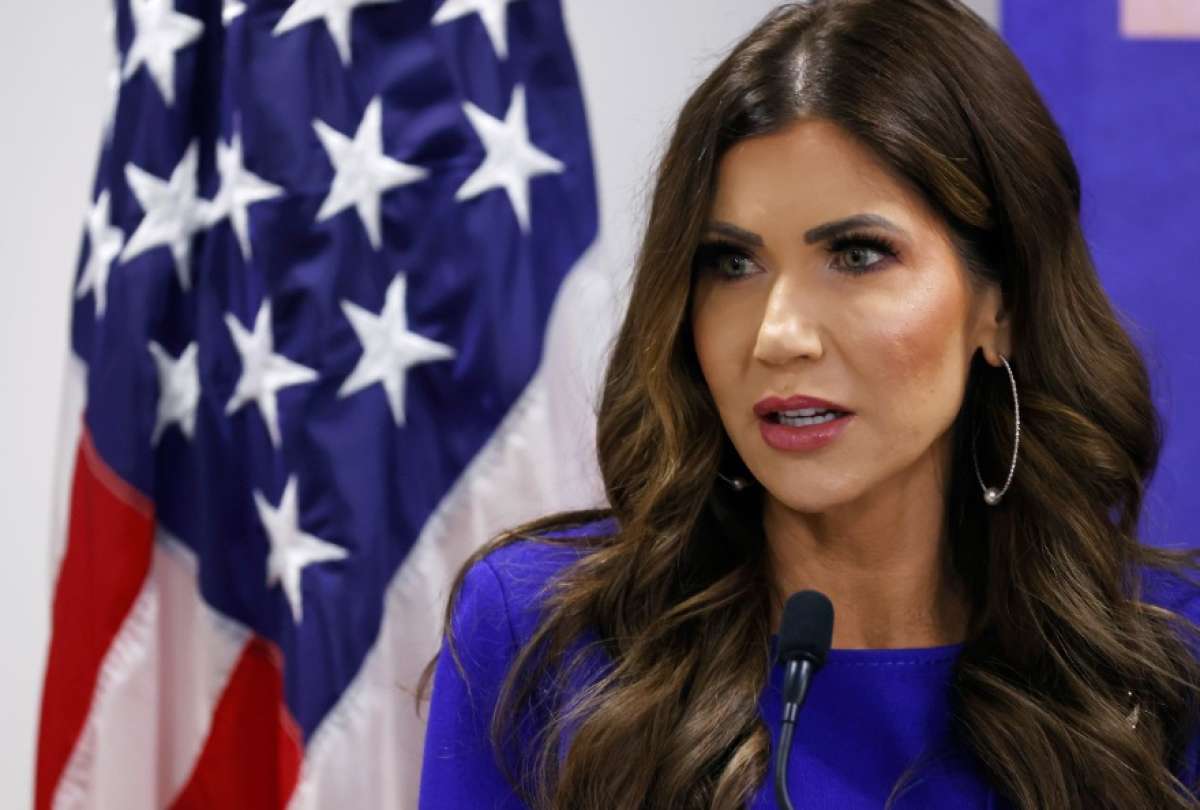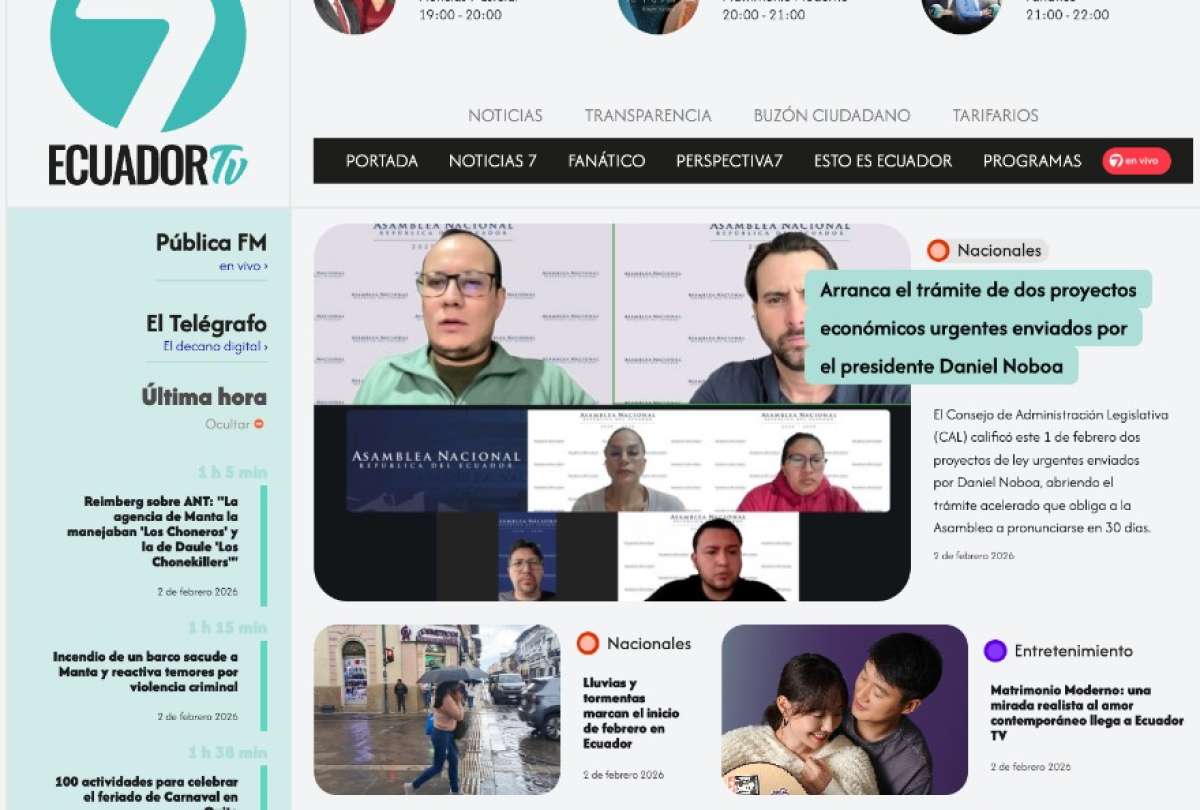President Rafael Correa started out his presentation to the OAS foreign ministers on March 11 by saying that Ecuador is one of only seven countries that have signed onto all the international instruments of the Inter-American human rights system. He was preparing the ground for the fiery case he was about to make against the Inter-American Commission on Human Rights (IACHR).
Eighteen of the 25 signatories of the Pact of San Jose—also known as the American Convention on Human Rights—had representatives at the meeting in Guayaquil.
Correa reminded those gathered that although U.S.A. newspapers criticize his human rights track record, in Ecuador there is no death penalty, torture is illegal, “we haven’t invaded any countries, and we don’t have drone planes that carry out extrajudicial executions.”
Correa continued that it’s crucial to review the “excesses and omissions” of the rights commission. He said 96.5 percent of the organisms budget comes from the United States, a country that has not signed the Pact of San Jose. He proposed the organization move its headquarters to Argentina.
Correa sustains that the historic purpose of the commission was to observe the state of human rights and serve as a consulting body in the region. Now, he said, the commission has started to make judgment calls, dole out cautions, and conduct prosecutions. Correa says these functions should belong to the Inter-American Human Rights Court, not the commission.
Correa suggested a time limit be set for countries to sign the Pact of San Jose, and after that period they would be expelled from the organization if they don’t sign. He said “Ecuador will not accept neocolonialism” and that he will not negotiate with a state that has not signed the treaty or recognized the human rights court.

El 15 de febrero culmina la etapa de pruebas en el juicio contra Mario Godoy

Judicatura activa protocolos de seguridad tras amenaza contra jueza en Manabí

El Gobierno Trump dice que hará que su agentes de inmigración lleven cámaras corporales
Hija de Snoop Dog confirmó una tragedia
Hija de Snoop Dog confirmó una tragedia
Trámites de CELEC suspendidos mientras avanza investigación de ANT
Video | Chiva atropelló a varias personas en Ambato

Ecuador TV se renueva y estrena su nueva página web

Hija de Snoop Dog confirmó una tragedia







